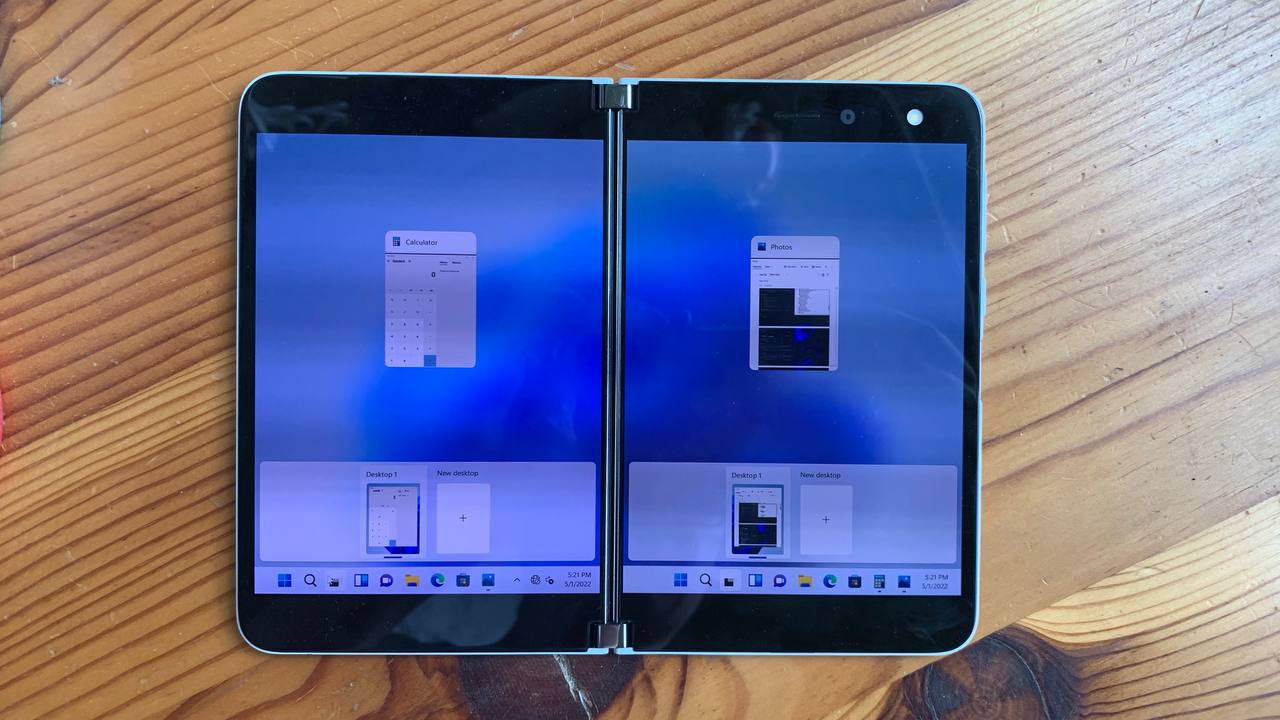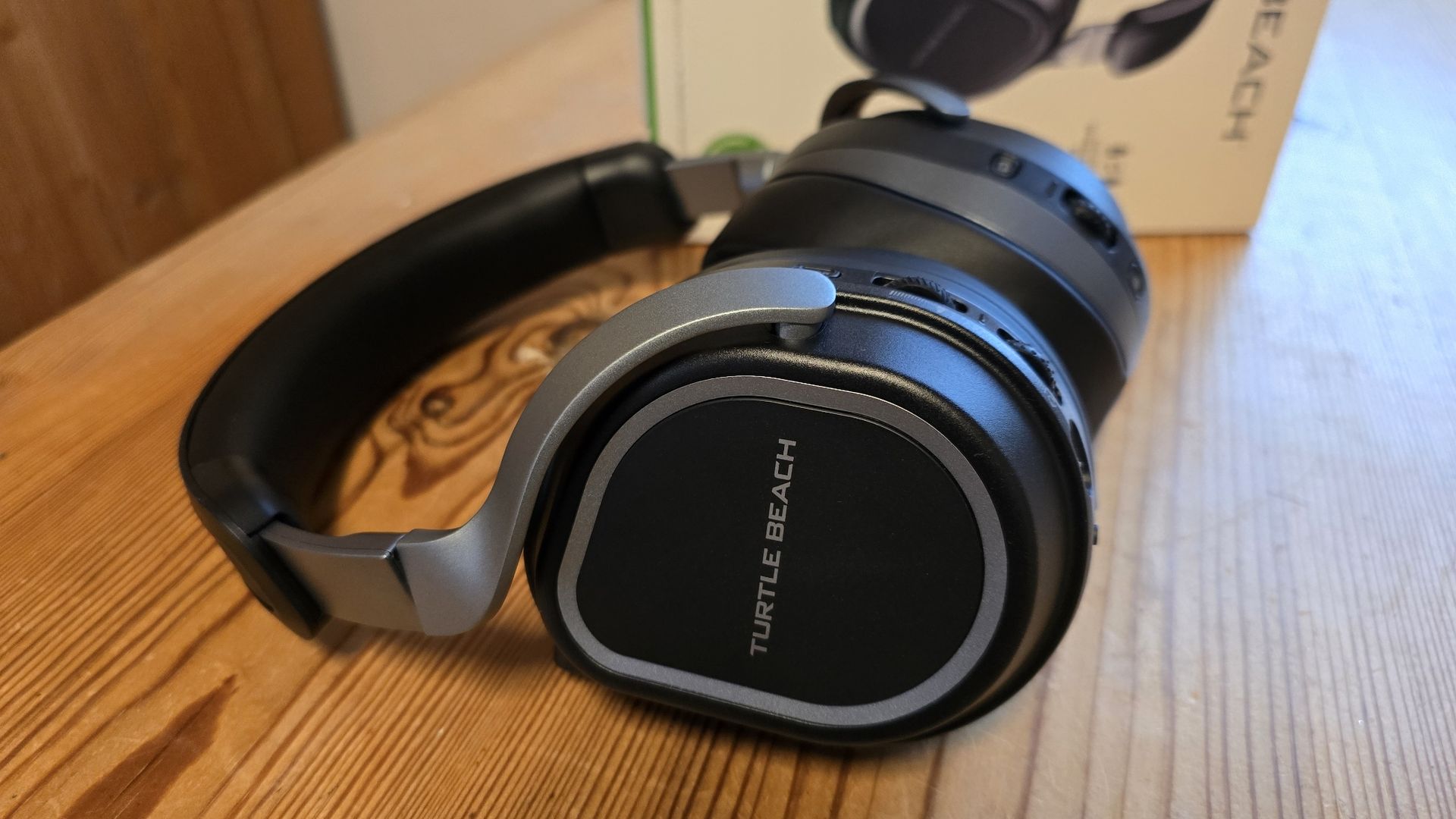Would you want Windows 11 on a Surface Duo?
A developer is working on getting Windows 11 onto the Surface Duo, but people question the benefit of running a PC operating system on a mobile device.

All the latest news, reviews, and guides for Windows and Xbox diehards.
You are now subscribed
Your newsletter sign-up was successful
This week, independent developer Gustave Monce managed to get Windows 11 to run on both displays of a Surface Duo. The milestone is the latest step in Monce's quest to get Windows 11 to run on Microsoft's foldable mobile device. At the moment, the Duo still has quite a few limitations while running Windows 11, such as not supporting touch or LTE, but that's to be expected when running an unsupported operating system.
Monce's progress sparked a discussion online about the viability of the Surface Duo running on Windows 11. Some argue that Android is better suited for the device due to the apps that it can run and the fact that it's optimized for smaller screens. Others claim that the underlying OS of Microsoft's mobile device should be Windows, harkening back to the days of Windows Phone.
A key question is repeated several times in the comments section of our piece covering Monce's work, what would you actually gain by having Windows 11 on the Surface Duo? "No need for the replacement of Android with Windows. The Microsoft Launcher and all other Office 365 tools like OneDrive and Teams make it a good experience for productivity," said AlexysDroid. "The target audience doesn't care about the underlying OS. It just needs to be productive and get the job done."
Others have a dream of running the Surface Duo as a productivity powerhouse that can run Windows 11 in hand or expand onto multiple monitors.
Microsoft had a larger foldable device in the works called the Surface Neo that was set to run a version of Windows. That device is at minimum on pause but likely canceled. A large reason Microsoft moved away from the Neo is that Windows 11 is not optimized for such a device. In fact, some argue that the company should release the Surface Neo running Android.
If Microsoft views Windows 11 as unfit for a device like the Neo, it likely feels the same way about running the OS on the smaller Duo. But that's Microsoft. We want to know if you would like a Surface Duo running Windows 11. Let us know in the poll above and in the comments below.
All the latest news, reviews, and guides for Windows and Xbox diehards.

Sean Endicott is a news writer and apps editor for Windows Central with 11+ years of experience. A Nottingham Trent journalism graduate, Sean has covered the industry’s arc from the Lumia era to the launch of Windows 11 and generative AI. Having started at Thrifter, he uses his expertise in price tracking to help readers find genuine hardware value.
Beyond tech news, Sean is a UK sports media pioneer. In 2017, he became one of the first to stream via smartphone and is an expert in AP Capture systems. A tech-forward coach, he was named 2024 BAFA Youth Coach of the Year. He is focused on using technology—from AI to Clipchamp—to gain a practical edge.
